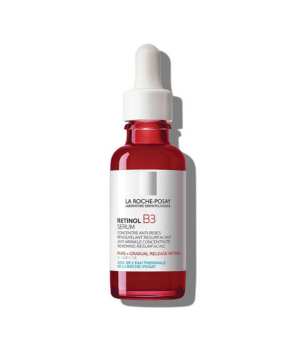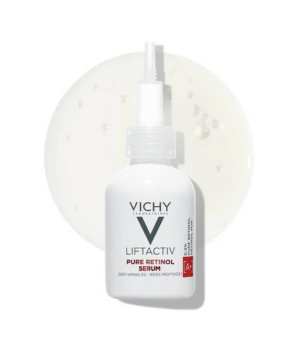Soy
TYPE OF INGREDIENT
Antioxidant, Skin-brightening agent
COMMONLY FOUND IN
Topical moisturizers and serums, Anti-aging skincare products, Products targeting hyperpigmentation
WHAT ARE THE BENEFITS OF SOY?
Soy is a multi-functional skincare ingredient rich in isoflavones, particularly genistein and daidzein, which provide antioxidant, anti-inflammatory, and skin-brightening properties. These phytoestrogens mimic some effects of estrogen, promoting collagen synthesis and helping to improve skin elasticity, making soy a beneficial ingredient in anti-aging formulations. Studies show that soy-based products enhance skin hydration and strengthen the skin barrier, leading to improved moisture retention and reduced transepidermal water loss.
Soy is also known for its ability to inhibit melanin transfer, helping to fade hyperpigmentation while promoting a more even skin tone. Unlike some skin-lightening agents, soy works gently and does not cause irritation, making it a safe option for sensitive skin. Additionally, soy’s anti-inflammatory effects help reduce redness and irritation, making it a promising ingredient for rosacea, post-inflammatory erythema, and other sensitive skin conditions.
WHAT IS SOY?
Soy is derived from the legume Glycine max and has been used for centuries in both nutrition and skincare. In dermatology, soy’s bioactive components provide multiple skin-enhancing benefits, particularly due to its antioxidant and phytoestrogenic properties.
IS SOY SAFE FOR ALL SKIN TYPES AND TONES?
Yes, soy is considered safe for all Fitzpatrick skin types (I-VI). It is non-irritating and suitable for sensitive skin, making it a popular choice for moisturizers, anti-aging serums, and pigmentation treatments. Individuals with darker skin tones (Fitzpatrick IV-VI) may particularly benefit from soy’s ability to reduce hyperpigmentation gently, without the risk of rebound pigmentation.
CONTRAINDICATIONS
Soy is well-tolerated in most individuals, but those with soy allergies should avoid both topical and oral soy-based products. Although soy contains phytoestrogens (isoflavones), current research suggests that it does not significantly impact hormone-sensitive conditions, such as estrogen receptor-positive (ER+) breast cancer. The American Cancer Society and other major health organizations have stated that moderate soy intake, whether oral or topical, is safe for individuals with hormone-sensitive conditions. However, individuals with specific medical concerns regarding estrogenic activity should consult their healthcare provider before incorporating soy-based skincare or supplements.
Sources:
- Natarelli N, Gahoonia J, Maloh J, et al. “Clinical Efficacy of Topical or Oral Soy Supplementation in Dermatology: A Systematic Review.” J Clin Med. 2023;12(12):4171. (PubMed)
- Draelos ZD, Blair R, Tabor A. “Oral Soy Supplementation and Dermatology.” Cosmetic Dermatology. 2008;21(2):92-94.
- Jenkins G, Wainwright LJ, Holland R, et al. “Wrinkle Reduction in Post-Menopausal Women Consuming a Novel Oral Supplement: A Double-Blind Placebo-Controlled Randomized Study.” Int J Cosmet Sci. 2014;36(1):22-31.
- Liu J, Deng Q, Ma Y, et al. “Soy Protease Inhibitors as Anti-Pigmentation Agents: Mechanisms and Clinical Applications.” J Drugs Dermatol. 2022;21(3):253-258. (PubMed)



